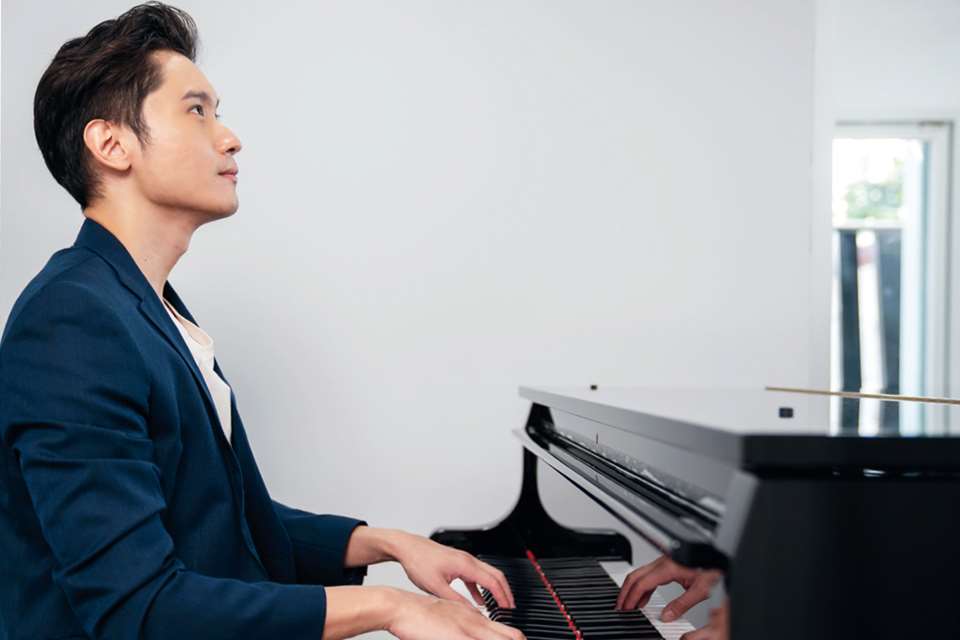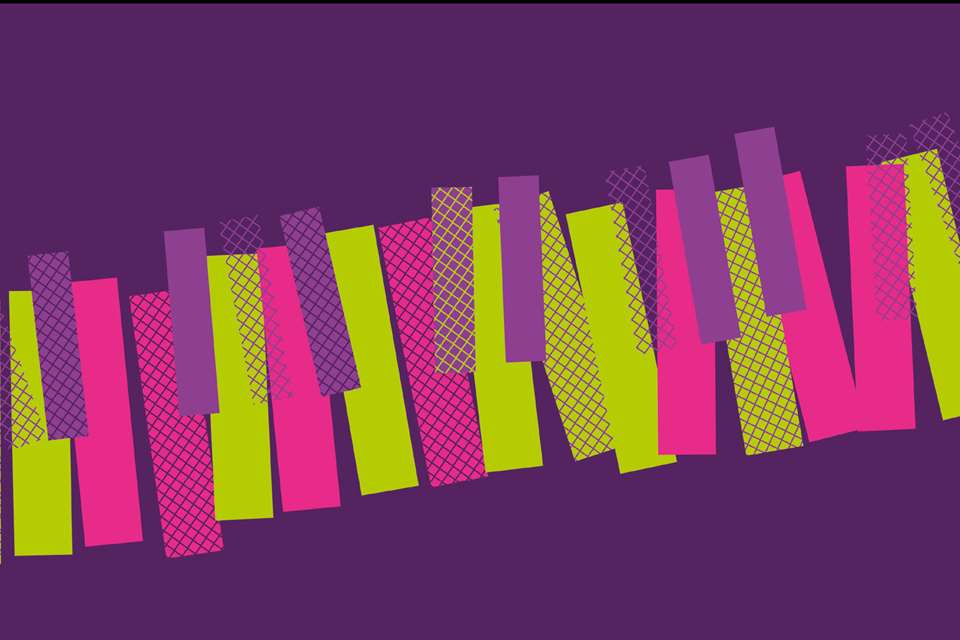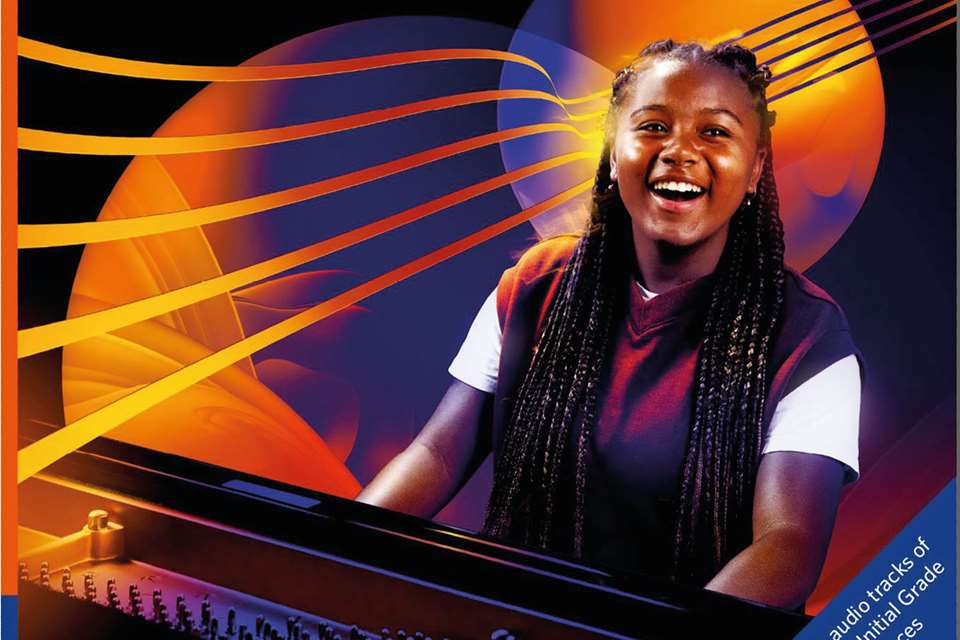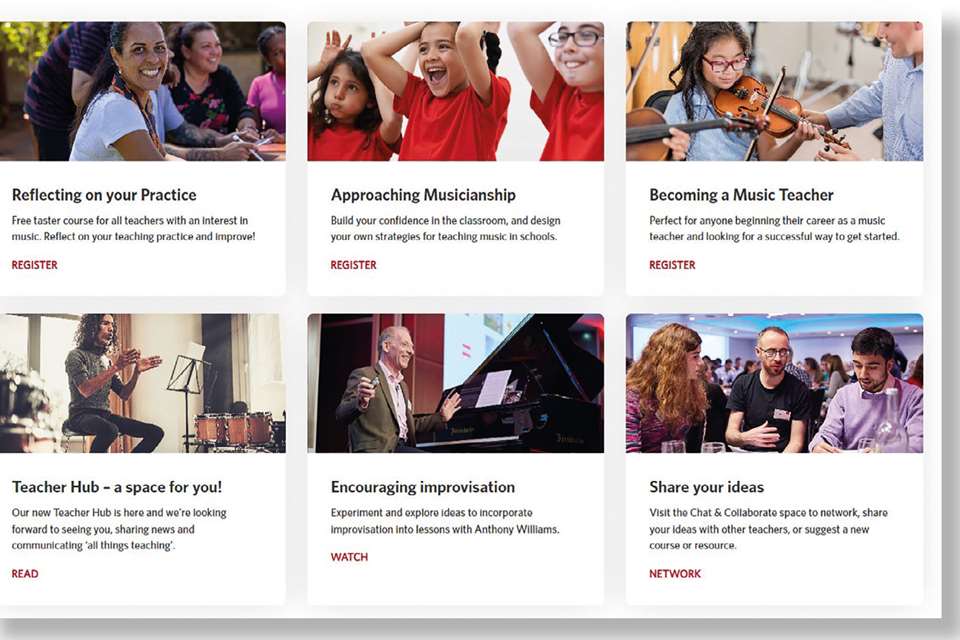Introducing ABRSM's Music Medals for piano
Russell Jackson
Monday, April 1, 2024
ABRSM recently extended its offer for pre-Grade 1 beginner pianists. Russell Jackson, lead music development manager at ABRSM, shares some of the thinking behind the new resource Piano Music Medals.

Register now to continue reading
Register to the Music Teacher website today and gain access to all the latest news and developments from the world of music education. By registering you will receive:
- Free access to 3 subscriber-only articles per month
- Unlimited access to news and opinion on our website





